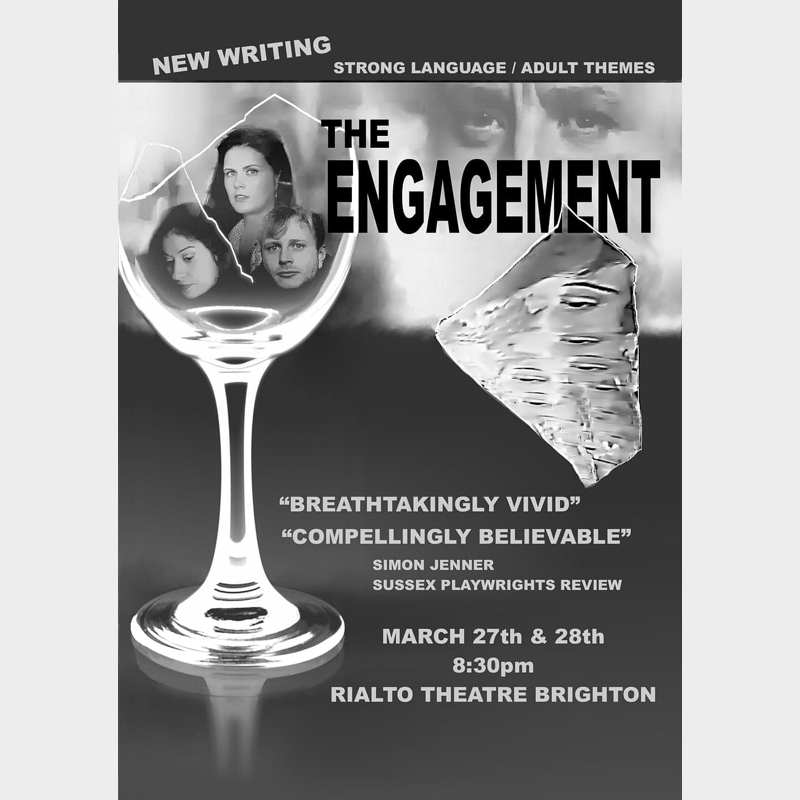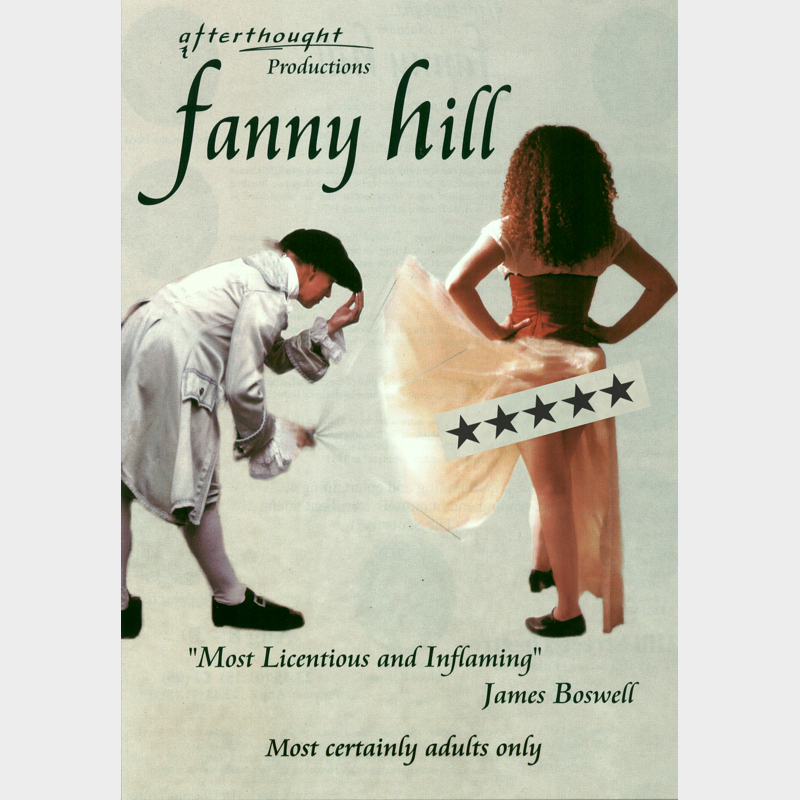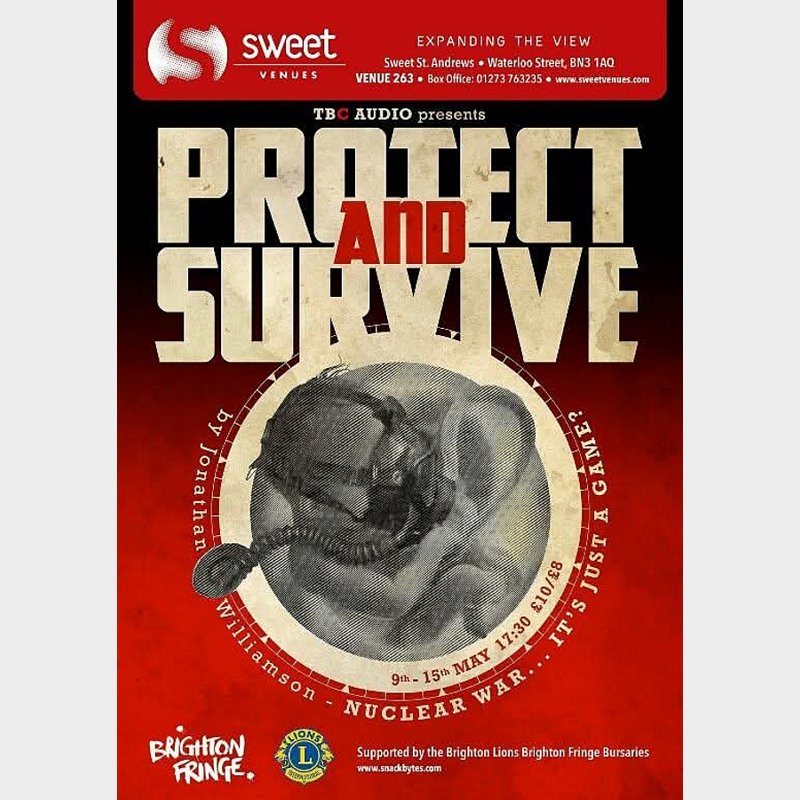Engagement (The)


The Engagement
Writer: James Alexander Allen
(from a story by Wayne Liversidge)
Director: Thomas Everchild
Allen should be applauded for tackling issues often taboo in polite society. I’ll look out for his future work and must credit Wayne Liversidge with courage for telling his story. Often true stories are the most compelling. Don’t miss this show.
**** Four Stars
(Roz Scott)
PRODUCTION DETAILS
Produced by Steaming Ltd
Associate Producer: Philippa Hammond
Music: Christina Thom (from her EP Trade)
Cast: Eden Avital Alexander, Owen Bleach, Faith Elizabeth
Production for Hove Grown Festival
Rialto Theatre, Brighton
Produced in response to a rehearsed reading at Sussex Playwrights
directed by Philippa Hammond
Cast: Amy Sutton, Joshua Crisp, Russell Shaw and Philippa Hammond
FULL REVIEW
The Engagement is a love story with a difference. It’s a new play written by James Alexander Allen inspired by a true story from Wayne Liversidge. Allen, an emerging screen writer and playwright, collaborated with Liversidge to tell his story. The play forms part of the Hove Grown Festival.
The play opens with Gerri waiting for a date and hastily tidying her sister away. As the sisters chat, Luanne brings an inexorable quality to the play, from the very first scene where Gerri is waiting for her eighth date. Will it be any different to the previous seven? Will the man even show up?
John does show up and a relationship develops very fast but cracks in Gerri’s seemingly normal life are brushed aside until her sister Luanne (Faith Elizabeth) explains to John what is going on. As with anyone embarking on a new relationship, they both want it to work.
In the first act, I feel there is an artificial quality to Gerri’s character and the emerging relationship in the script that undermines their later struggle. This may or may not be intentional. The plot is realistic, nothing is overstated, but I still find myself asking, why are John and Gerri attracted to each other? How do we know they really love each other and are not simply ‘playing at love?’
Eden Avital Alexander gives us an accomplished performance as Gerri and at the end her training in physical theatre comes to the forefront. Subject to terrible mood swings, we sense the chaos of her world and feel John’s (Owen Bleach) panic. John’s character develops well from a carefree young man, whose only preoccupation is to make it to the next football match, into a lover desperate to help Gerri who may be just beyond his reach. John’s world shrinks as he is absorbed into Gerri’s world for better or for worse.
Pace and plot of the play are good and with great poignancy, John, always at Gerri’s side keeps saying: “This is not the real you” as his lover spirals down, her personality distorted. It falls to Gerri’s sister Luanne to comment on history repeating itself. At the end Gerri tragically takes a different approach when tackling her inner demons to before with devastating consequences.I recommend the Engagement as a debut play which has great potential and was very popular with the audience. As Allen’s first play for theatre, it certainly provides food for thought and could be developed into a longer piece allowing for more character development at the start.
Allen should be applauded for tackling issues often taboo in polite society. I’ll look out for his future work and must credit Wayne Liversidge with courage for telling his story. Often true stories are the most compelling. Don’t miss this show.
**** Four Stars
Roz Scott
An edited version of this review was published on Fringe Guru.



